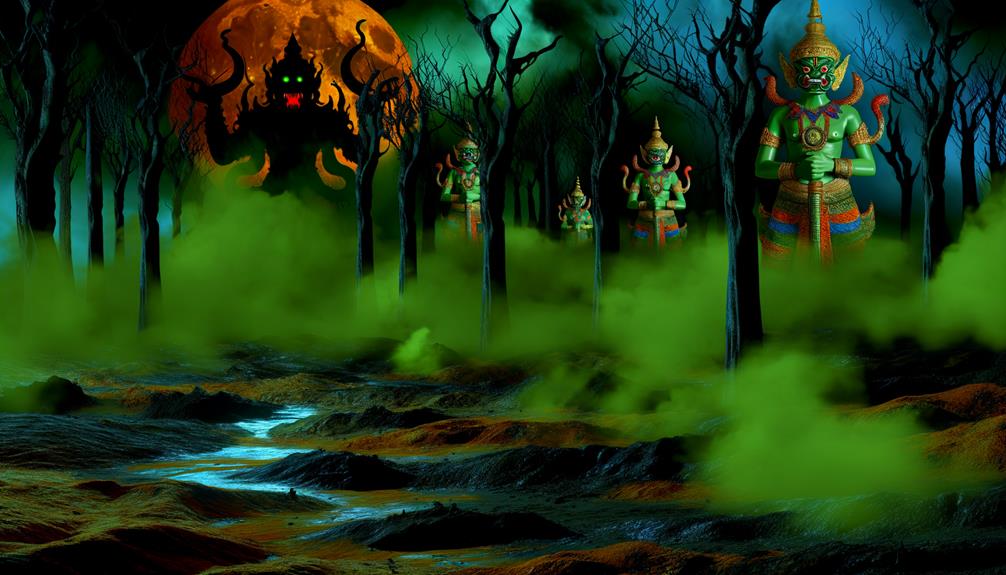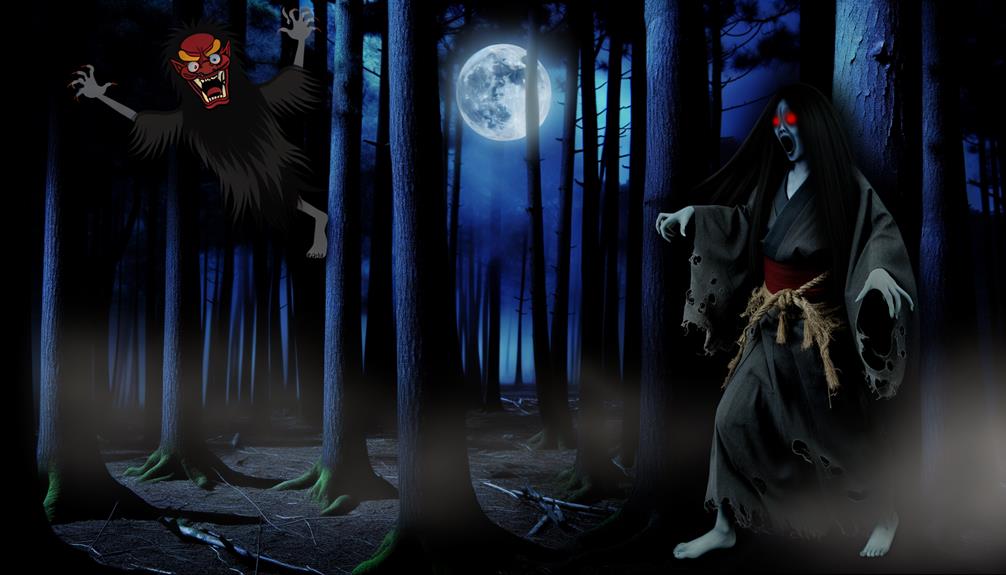Intuition can be a powerful tool for making connections between seemingly unrelated ideas.
It allows us to draw upon our experiences, knowledge, and instincts to form creative associations that may not have been obvious before.
By developing an understanding of how intuition works and when it should be used, we can make better decisions in areas such as business strategy, problem-solving, and decision-making.
This article will explore the concept of using intuition to make connections between seemingly unrelated ideas and offer tips on how best to do so.
Exploring The Concept Of Intuition
Intuition has long been a subject of fascination, from ancient times to the present. It is often seen as a mysterious power that provides an individual with unconscious knowledge and emotional intelligence.
Stories in mythology and folklore about heroes using their intuition to save themselves or others have created an alluring aura around this concept.
It’s not just stories though – scientific studies on intuitive decision-making are also gaining traction, exploring how it can be used to make connections between seemingly unrelated ideas.
While there is still much debate over whether intuition is real or merely a psychological construct, one thing remains clear: its potential for connecting known facts in ways that we never imagined before is immense.
With each passing day, we uncover more evidence that suggests tapping into our inner wisdom may help us unlock deep insights beyond our conscious understanding – leading us towards innovative solutions that could revolutionize our lives.
Making Connections With Intuition
Let’s explore how intuition can be used to make connections between unrelated ideas. We can leverage our intuition to form creative links between previously unrelated concepts.
Applying our intuition to our problem-solving process can help us come up with creative solutions.
Exploring Intuition
Exploring intuition is a powerful tool for making connections between seemingly unrelated ideas. It can help us to go beyond our preconceived notions and challenge power dynamics in order to build trust with each other.
By taking the time to listen deeply, we open up pathways of understanding that allow us to connect disparate elements into something meaningful. This process requires an openness of mind and heart, allowing new possibilities to bubble up from within ourselves.
When we are able to move away from predetermined conclusions and embrace unexpected concepts, then truly amazing things become possible. In this way, intuition empowers us to create fresh perspectives which may lead towards innovative solutions.
Leveraging Intuition
By leveraging our intuition, we can activate deep insight that helps us to make connections between disparate ideas. This is a powerful way of uncovering new possibilities and creating innovative solutions.
By allowing ourselves to be open-minded, we can increase our capacity for understanding beyond preconceived notions. With practice, we can learn how to listen deeply in order to access the wisdom within us. It’s an invaluable tool that grants us the freedom to explore and create without boundaries.
Through this process of intuitive discovery, we gain greater clarity about who we are and what matters most to us. And with each connection made, our collective knowledge continues to grow exponentially!
Applying Intuition
Applying our intuition is the key to unlocking creative expression and imaginative exploration.
By reflecting on our feelings, we can access deeper insights and make meaningful connections between disparate ideas.
Our ability to intuit allows us to be open-minded and explore beyond what’s expected, leading us towards a path of understanding ourselves better.
With practice, we become more in tune with our inner wisdom that can help guide us along life’s journey.
No matter how challenging the task at hand may seem, having faith in our own intuitive reflection can bring clarity and insight into whatever situation we find ourselves in.
Tips For Using Intuition Effectively
Using intuition to make connections between seemingly unrelated ideas can be an invaluable tool for creative problem solving. To get the most out of this skill, however, it is important to develop and use your intuition effectively.
Here are some tips that can help you do just that:
-
Get comfortable with uncertainty: Intuition thrives in situations where there isn’t a straightforward answer or solution. If something feels wrong but you’re not sure what, don’t be afraid to take risks and explore further.
-
Practice mindfulness: Mindfulness practices like meditation can help increase awareness of subtle cues from our environment and sharpen our intuitive insights. Taking regular breaks throughout the day will also allow you to stay connected to your inner sense of knowingness.
-
Ask questions: Asking yourself open ended questions such as ‘what could I be missing?’ or ‘how else might this situation be viewed?’, can give your intuition more room to provide answers than if you were simply seeking confirmation on a single point of view.
-
Make space for receptivity: Sometimes we block our own access to information by imposing too many rigid rules or expectations onto ourselves and others. Learning how to cultivate receptivity within yourself helps create an atmosphere conducive for intuitive development.
In short, developing your intuition takes patience, practice, and presence – attributes which pay off big dividends when used strategically!
Frequently Asked Questions
What Is The Scientific Basis Of Intuition?
Trust in one’s instincts, or intuition, has long been a subject of philosophical and scientific debate.
It is often argued that trusting one’s gut can lead to quick, accurate decisions without any logical reasoning involved.
But what is the scientific basis for this phenomenon?
Is it merely an unconscious form of logic, or does something more mysterious come into play when we rely on our intuition?
Recent research suggests that there may be some truth behind the idea that intuition relies on both instinctual feelings and logical reasoning.
For example, studies have found correlations between how well people trust their own instincts and how they solve complex problems using analytical thinking.
This could suggest that while certain aspects of intuition are based on trusting instincts, there is also a degree of logical reasoning at work as well.
How Can Intuition Be Used To Make Decisions?
Intuition can be a powerful tool in decision making, as it allows us to draw on our emotional reasoning and mental models.
It allows us to quickly understand situations and make decisions based on our gut feeling rather than relying solely on facts or data.
For example, intuition could be used to identify when two seemingly unrelated ideas are actually linked in some way, allowing for deeper understanding of the subject matter at hand.
By tapping into our intuitive capabilities, we can better comprehend how different aspects of the world connect with one another.
What Are The Risks Of Relying Too Heavily On Intuition?
Relying too heavily on intuition can be a dangerous game to play. We’ve all experienced those gut feelings that seem to come out of nowhere, but what many don’t realize is the psychology-based risks associated with relying solely on our intuition.
Without taking time to objectively assess facts and consider various solutions, we could make decisions based off of whimsical emotions rather than any rational thought process which could lead to more harm than good.
Exaggerating this further, if unchecked it may even cause irreversible damage in some cases. It’s important for us to understand when our intuitive thoughts are beneficial and when they should be taken with a grain of salt!
How Can Intuition Be Developed And Improved?
Cultivating and improving intuition is a practice that can be beneficial in many areas of life.
Intuition, or the ability to make connections between seemingly unrelated ideas without concrete evidence, is something that with regular practice can be developed and improved upon.
By engaging in activities such as meditation, journaling and creative problem solving, one can sharpen their internal intuitive abilities and use it to gain deeper insights into complex situations.
Additionally, by regularly reflecting on decisions made through intuition rather than logic, one can learn more about their own personal thought process when making important choices.
What Are The Benefits Of Using Intuition In Problem-Solving?
Using intuition in problem-solving can open the door to creative solutions and trusting your instincts.
Intuitive creativity is a valuable skill for making connections between seemingly unrelated ideas or finding unexpected answers, as it allows us to explore possibilities that we may have not considered otherwise.
By tapping into our inner resources of wisdom and insight, we can discover more efficient methods of solving problems and unlock new opportunities.
Practicing this method of thinking regularly can help develop and strengthen intuitive skills over time.
Conclusion
Intuition is an invaluable tool that has been used by humans for centuries. It can help us to make connections between seemingly unrelated ideas, often leading to creative solutions and breakthroughs in problem-solving.
However, it’s important to remember that using intuition should be done with caution – if we rely too heavily on our gut instinct without considering the facts or other possible outcomes, we may end up making decisions that are not well-informed.
Nevertheless, when honed properly, intuition can prove to be a powerful asset; like a beacon of light guiding us towards answers that previously seemed out of reach – a shining star amongst the darkness of confusion.



